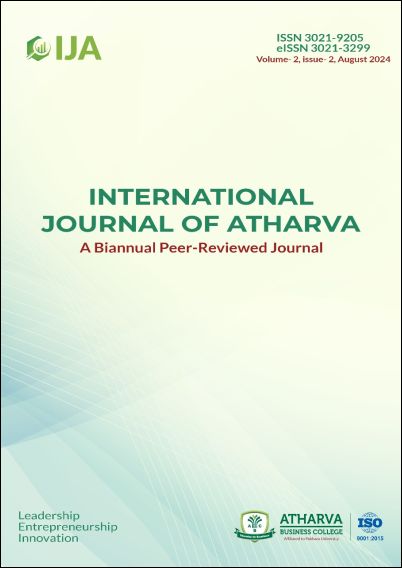Bibliometric Analysis of Human Aggression Research: Trends, Collaborative Networks and Emerging Themes in the Last Decade
DOI:
https://doi.org/10.3126/ija.v2i2.69823Keywords:
Bibliometric analysis, bio-psychological model, human aggressionAbstract
The analysis of research trends, the pattern of collaboration, and growth in citations with respect to works in psychology and related fields published over a decade are laid out. The steady increase in citations from 2014 through 2023 shows increasing recognition and impact on the works cited. However, the publication trends over the years are wavering, with significant drops occurring after 2014 and during the pandemic in 2020, followed by a significant increase in 2022 and an anticipated rise in 2023. There is a lot of strength in collaboration related to the involvement of central authors and countries, with the United States being identified as the major hub. There is an interdisciplinary focus on the psychological, biological, and social dimensions of the study on human aggression. Despite such a breadth of research, some potential gaps remain in uncovering cultural, economic, and intervention strategies. This overview emphasizes the strength and interdisciplinary characteristics of this field and insists on its continued relevance while pointing out possibilities for future research.
Downloads
Downloads
Published
How to Cite
Issue
Section
License
Copyright (c) 2024 The Author(s)

This work is licensed under a Creative Commons Attribution-NonCommercial 4.0 International License.
This license enables reusers to distribute, remix, adapt, and build upon the material in any medium or format for noncommercial purposes only, and only so long as attribution is given to the creator.





